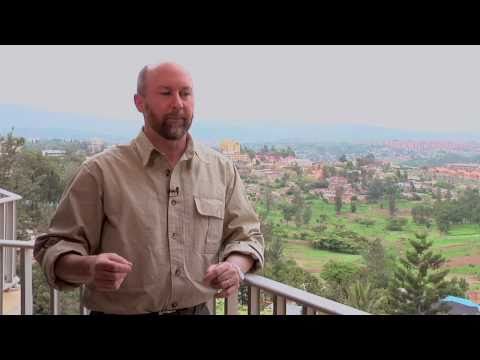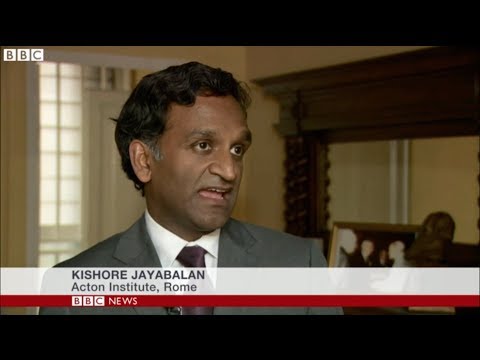March 05, 2014
Month: March 2014
March 05, 2014
Chevron, Ecuador, and the Interfaith Rush to Judgment
March 05, 2014
Why Attitudes About Competition Matter
In an excerpt from the splendid PovertyCure series, Michael Fairbanks offers a helpful bit on why our attitudes about competition matter for economic development:
I can predict the future of a developing nation better than any IMF team of economists by asking one question: “Do you believe in competition?” Continue Reading...

March 05, 2014
Student loan update: ‘I’m from the government, and I’m here to entice you into debt slavery.’
March 05, 2014
Radio Free Acton: Egypt in Transition
March 04, 2014
McConaughey Oscar Acceptance Begs a Question
March 04, 2014
P.J. O’Rourke Defends ‘Truthiness’ Before the Supreme Court
March 04, 2014
How IKEA and Innovation Help Refugees in Iraq
March 04, 2014
Religious Liberty and Business as Culture-Making
March 04, 2014
Video: Kishore Jayabalan on the Changing Face of the Roman Catholic Church
Pope Francis recently installed 19 new cardinals in a ceremony at the Vatican, the first that he has chosen in his pontificate. Most of the new Cardinals hail from outside Europe and North America, and the group includes the first Cardinal from the long-impoverished nation of Haiti. Continue Reading...
